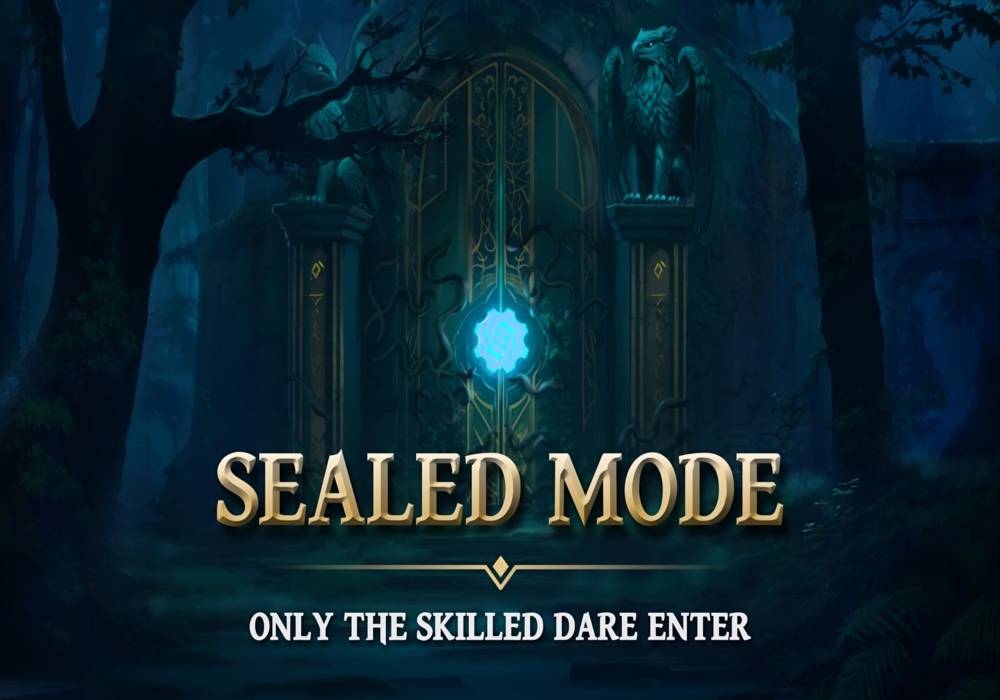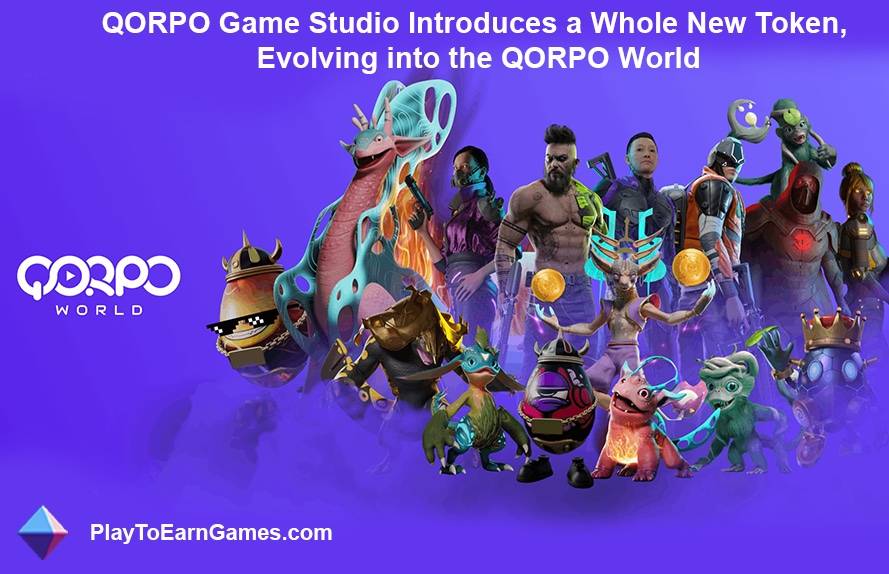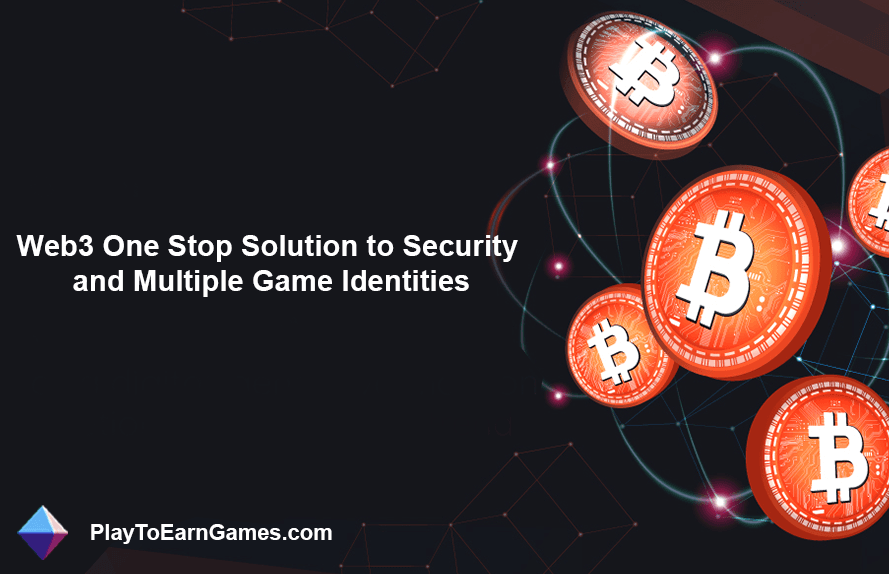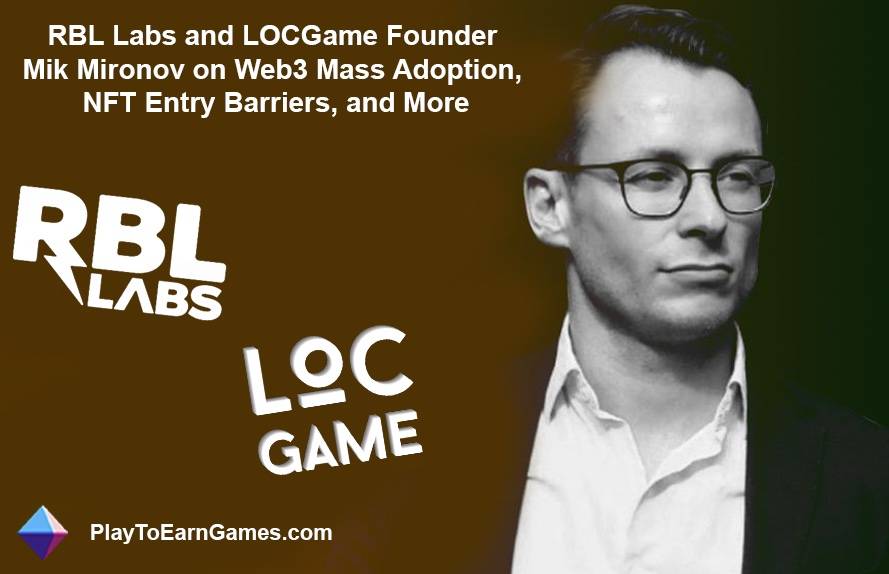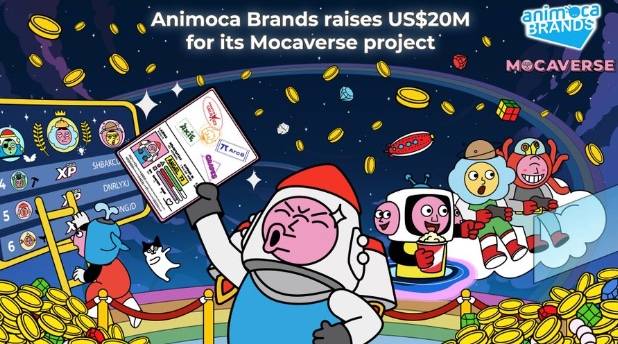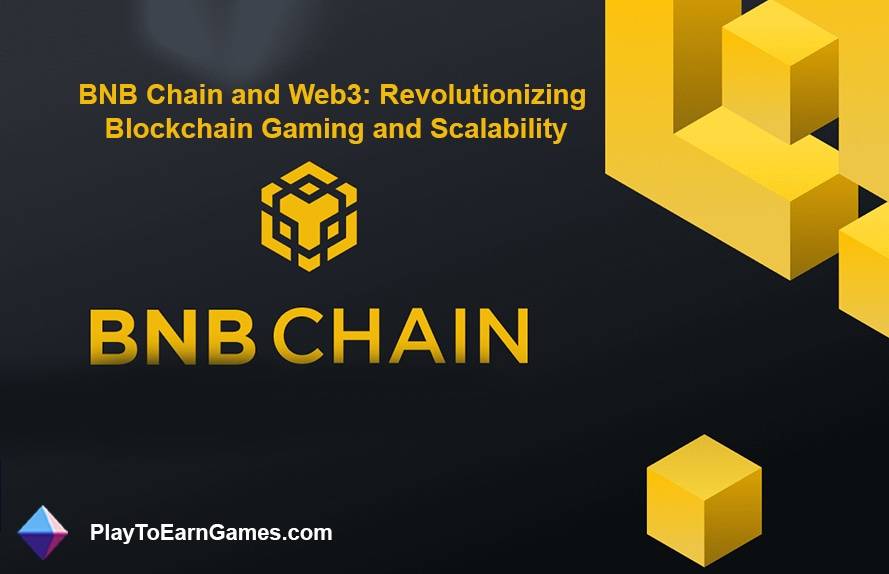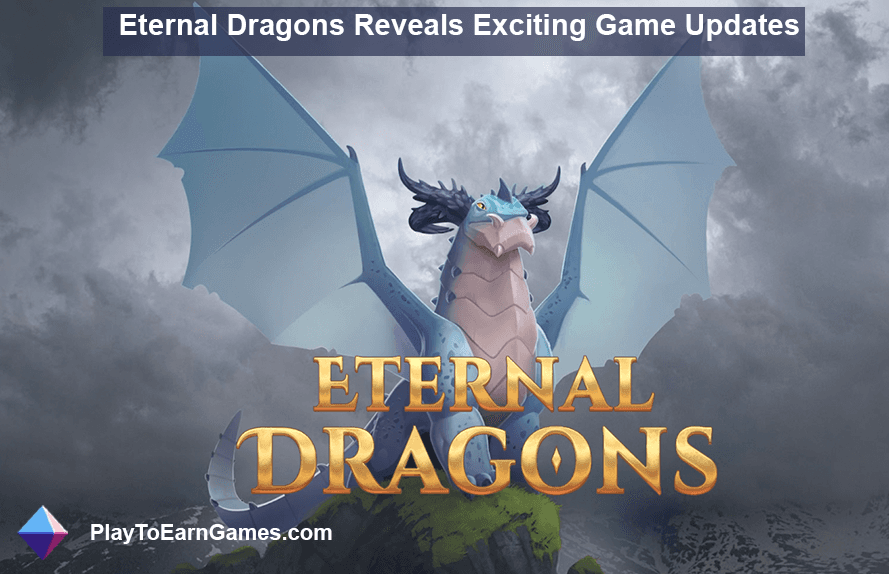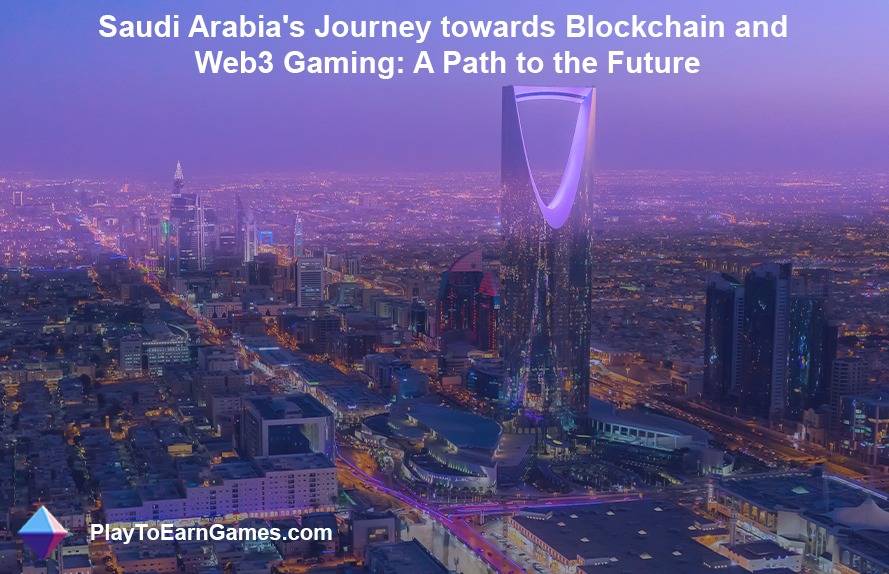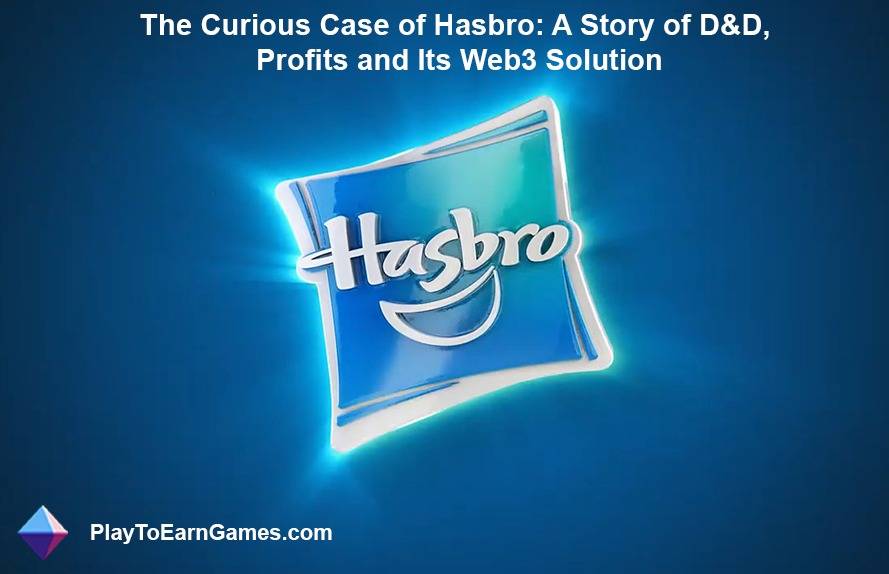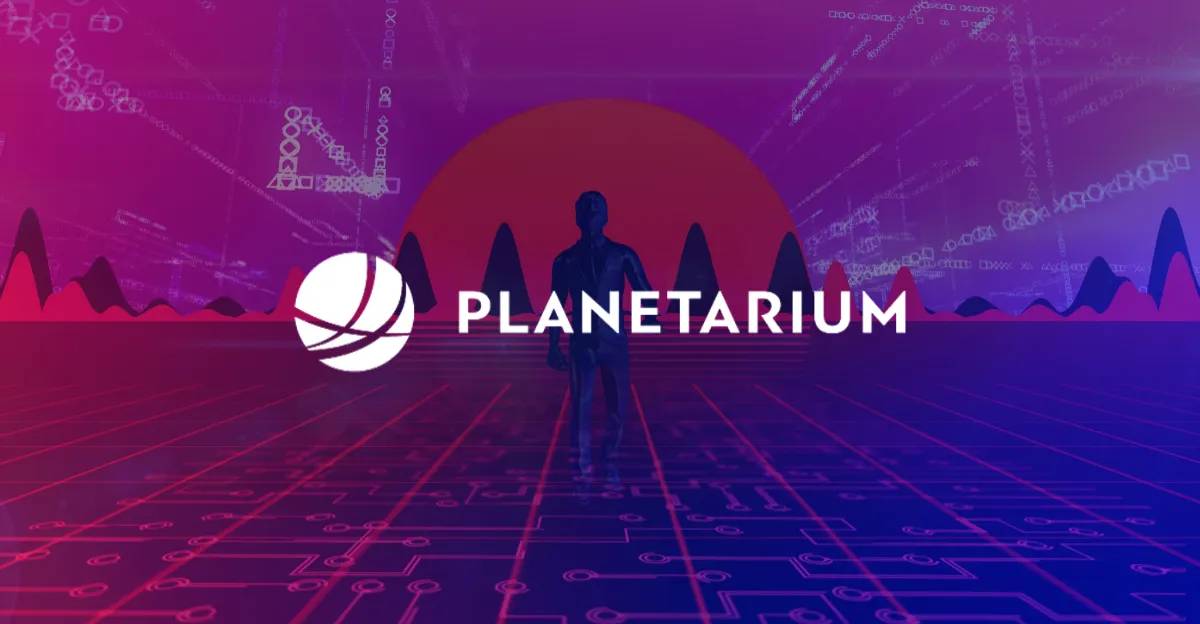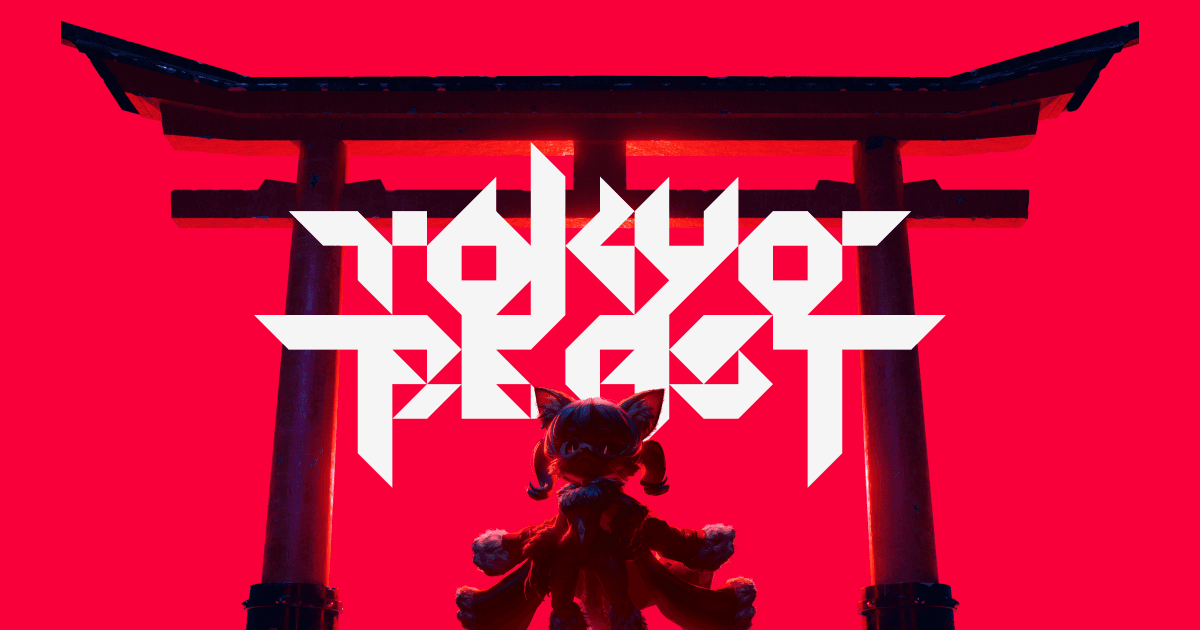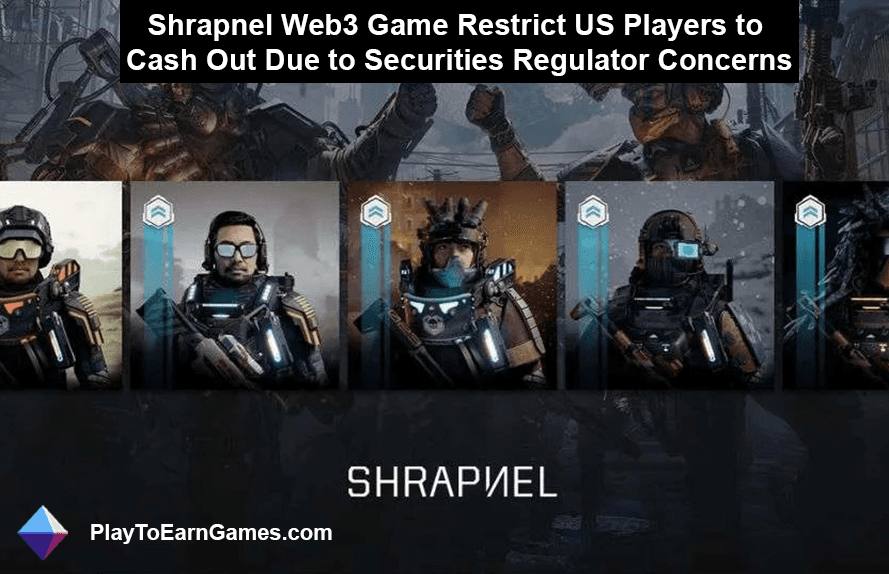
U.S. Regulatory Restrictions and Crypto Compliance Cause Delay in Shrapnel Blockchain Game Launch
The release of the blockchain game "Shrapnel," a first-person extraction shooter, is facing delays due to regulatory restrictions in the United States. To comply with U.S. securities regulations, the game's developers have removed a feature that allows U.S. players to cash out their in-game earnings. This decision stems from the strict rules enforced by Gary Gensler, the chairman of the U.S. Securities and Exchange Commission (SEC), which has led many cryptocurrency companies to limit their domestic operations and focus on international markets."Shrapnel" is set in the year 2038 on Earth and offers players the opportunity to seek goods, compete against enemies and other players, and earn money within the game. The use of blockchain technology allows users to create open economies and own intellectual property rights for in-game items. The game's developers hope that this restriction on cashing out for U.S. players will be temporary and that they can eventually offer this feature.The game's development team, Neon, has chosen to use Avalanche for its scalability, with a transaction processing capacity of 555 transactions per second (TPS), which is expected to grow as Avalanche matures.While U.S. regulatory concerns have slowed down the release of "Shrapnel," the global metaverse and gaming industry, particularly in Asia, is still growing. The game will offer a paid early-access version in December, with plans to eventually become free to play."Shrapnel" is an AAA first-person extraction shooter set in a post-apocalyptic world, offering players extensive control over the items they collect. It features complex physics, destructible environments, character customization, and various game modes, catering to both single-player and multiplayer experiences.FAQ: Shrapnel Blockchain Game and U.S. Regulatory Restrictions. What is "Shrapnel," and why is it facing delays in its U.S. release?Answer: "Shrapnel" is an upcoming AAA first-person extraction shooter game built on blockchain technology. It offers players the ability to earn money within the game and own intellectual property rights for in-game items. The game is facing delays in its U.S. release due to regulatory restrictions imposed by the U.S. Securities and Exchange Commission (SEC).What specific feature is being altered for U.S. players, and why?Answer: The feature being altered for U.S. players is the ability to cash out their in-game earnings. This change is necessary to comply with U.S. securities regulations enforced by the SEC. Players in Europe and Asia will still be able to cash out their earnings, but this feature will be restricted for U.S. players.Why are U.S. regulatory concerns impacting "Shrapnel" and other cryptocurrency companies?Answer: U.S. regulatory concerns, particularly under the leadership of SEC Chairman Gary Gensler, have led to increased scrutiny and strict rules for cryptocurrency and blockchain-related activities. Many cryptocurrency companies, including "Shrapnel" developers, are choosing to limit their domestic operations and expand globally to avoid regulatory complications.How does "Shrapnel" work, and what sets it apart from other games?Answer: "Shrapnel" is set in a post-apocalyptic world in the year 2038 and allows players to explore dangerous areas, engage in combat, and collect resources to survive. What sets it apart is its use of blockchain technology, which enables players to create open economies within the game, own intellectual property rights, and earn money through various in-game activities.What blockchain technology is "Shrapnel" using, and why?Answer: "Shrapnel" has chosen to use Avalanche blockchain technology. The decision was driven by Avalanche's scalability, with a transaction processing capacity of 555 transactions per second (TPS). As the Avalanche platform matures, "Shrapnel" expects to scale more effectively and accommodate a growing player base.When can we expect the release of "Shrapnel" for U.S. players?Answer: While U.S. players are currently restricted from cashing out their in-game earnings in "Shrapnel" due to regulatory concerns, there is hope that this limitation will be temporary. The development team, Neon, is working to address these regulatory issues. A paid early-access version of the game is planned for release in December, with the goal of eventually offering free-to-play access to all users.Is the metaverse and gaming industry still growing despite regulatory challenges?Answer: Yes, the metaverse and gaming industry continue to experience growth, especially in Asian markets such as Hong Kong, South Korea, and Japan. Despite regulatory challenges, the demand for virtual worlds and online gaming remains strong, and it is expected that regulatory issues will be resolved over time to allow broader access to platforms like "Shrapnel."
Read more